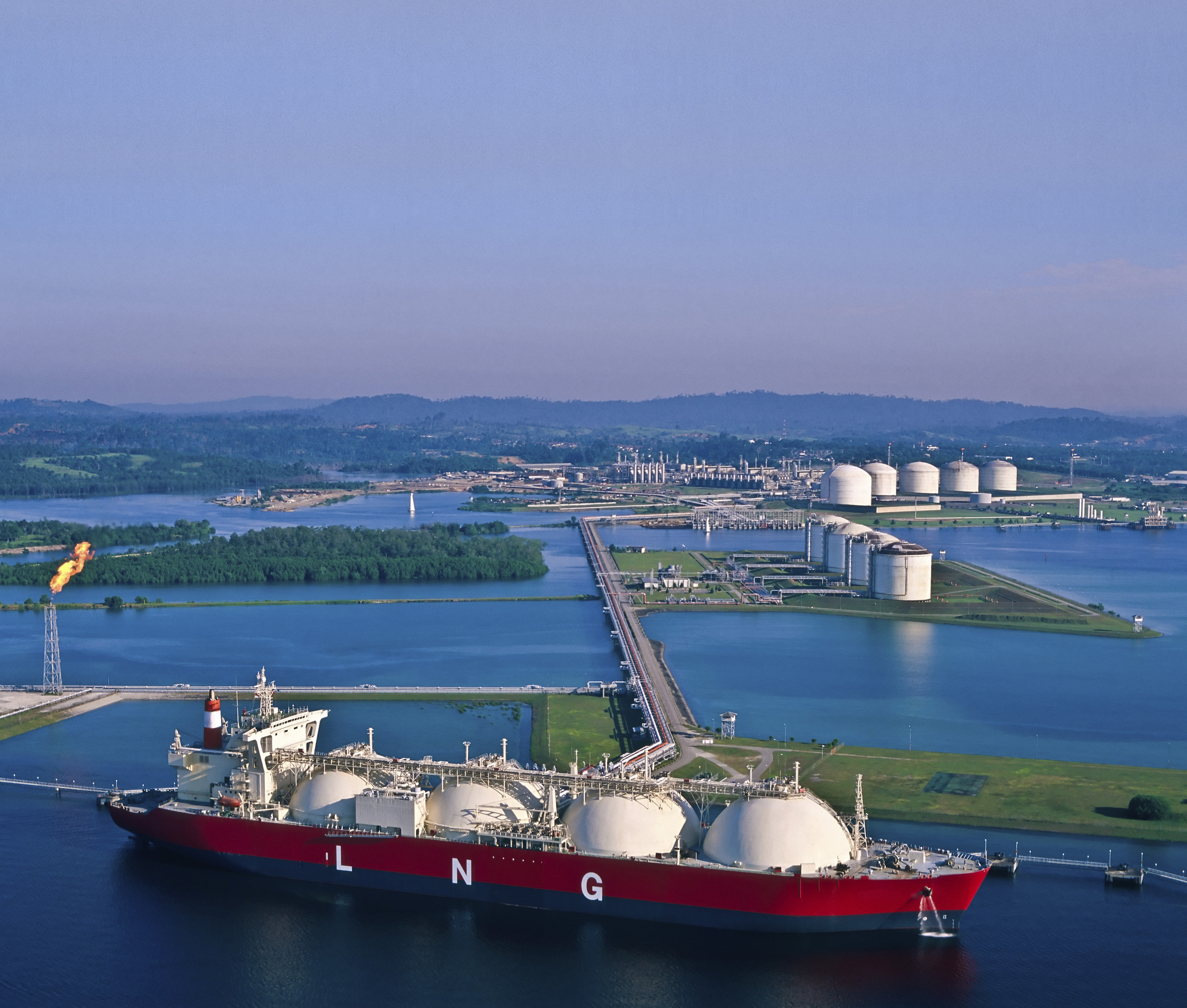- ASRY Awarded 2024 RoSPA Gold Medal in Health and Safety
- BP ponders shifting focus away from renewables, say sources
- QatarEnergy enters 10-year naphtha supply agreement with Japan’s ENEOS Corporation
- The International Energy Agency expects oil demand growth to slow in 2024
- The International Monetary Fund re-selects Kristalina Georgieva as its director
- Libya to target producing 1.4 million b/d by end 2024
- TotalEnergies launches the Marsa LNG project and deploys it multi-energy strategy in Oman
- H.E. Minister Al-Kaabi: Demand for oil and gas will continue for long; we have to be responsible, and Qatar is doing its part
- Egypt to stop exporting LNG starting from the beginning of May 2024
- QatarEnergy selects Nakilat to own and operate 25 conventional LNG vessels

Qatar to exit OPEC, results and reasons

By Yara Samarraei – Dec 05, 2018
Qatar decided to withdraw from the Organization of Petroleum Exporting Countries (OPEC) and delivered an official letter to the Secretary-General of the Organization, “Mohamed Barkindo” includes its decision to withdraw from the membership of the Organization.
The State Minister for Energy Affairs in Qatar, “Saad al-Kaabi,” said that Qatar will withdraw from the Organization of Petroleum Exporting Countries “OPEC” as of January 2019, and that Qatar informed the Organization of this decision.
The minister stressed that the decision to withdraw from the organization came after Qatar reviewed the framework for improving its global role and planning a long-term strategy.
Qatar’s request to withdraw from the membership of the Organization is in line with the provisions of article 8 of the Law Establishing the Organization, which guarantees each Member State the right of withdrawal.
At the beginning of January 2019, the implementation of Qatar’s withdrawal from the Organization will coincide with the start of OPEC’s 1.2 million b/d oil production cutting agreement, in which the Organization affirmed its full commitment to achieving and sustaining balance and stability in the world oil market.
Political motives and disagreements between Qatar and its Gulf neighbors, especially Saudi Arabia and the United Arab Emirates, appear to be behind Qatar’s decision to withdraw from OPEC membership. Saudi Arabia, along with Bahrain, Egypt and the United Arab Emirates, broke off diplomatic relations with Qatar on June 5, 2017 because of what they say about Qatar’s support for extremist organizations in the Middle East, which Qatar denies.
Adding to the complexity of the situation what some sources hinted that the decision to withdraw was a reaction to marginalize the role of the country in the issuance of the decision to reduce production without reference to Qatar during the meeting of the organization in Vienna.
But the official explanation of the decision to withdraw appears from the remarks of Qatari Energy Minister Saad al-Kaabi that the decision was due to “Qatar’s desire to focus its efforts on the development of the natural gas industry and the implementation of recently announced plans to increase the country’s production of liquefied natural gas.”
Qatar, the world’s largest producer and exporter of liquefied natural gas (LNG), announced in July 2017 its intention to increase its gas production in the North Field 30% from 77 to 100 million tons a year.
For his part, Mohamed Hassan Salem, an economic analyst and head of the Middle East Center for Energy Information, said that Qatar’s withdrawal from the Organization of Petroleum Exporting Countries (OPEC) was a surprise for all because it ended Qatar’s cooperation with the Organization after a membership dating back to 1961 and lasted for six decades. Despite the decision to withdraw, Qatar can return back to OPEC membership in future, as some countries like Indonesia have done before.
“Salem” also believes that in light of the differences that dominate political relations between Qatar and some of its influential neighbors in OPEC, especially Saudi Arabia and the United Arab Emirates, it is also possible that Qatar will cut all forms of cooperation with the organization and its resolutions in that critical time while OPEC is trying to gather oil exporters from within and outside the organization to bring them in one line with its decisions to reduce production to improve prices.
But given the small size of oil exports from Qatar compared to other OPEC members, it is unlikely that Qatar’s exit will have a significant impact on the direction of the decisions of the Organization, or on the price of oil in the global market.
“Salem” added that the decision is unlikely to have a negative impact on the Qatari economy, which focuses on its long-term strategy on producing and exporting liquefied natural gas as a priority.
Qatar’s gas revenues helped make it one of the richest countries in the world in terms of per capita income, and made it easy to win the next FIFA World Cup in 2022.










